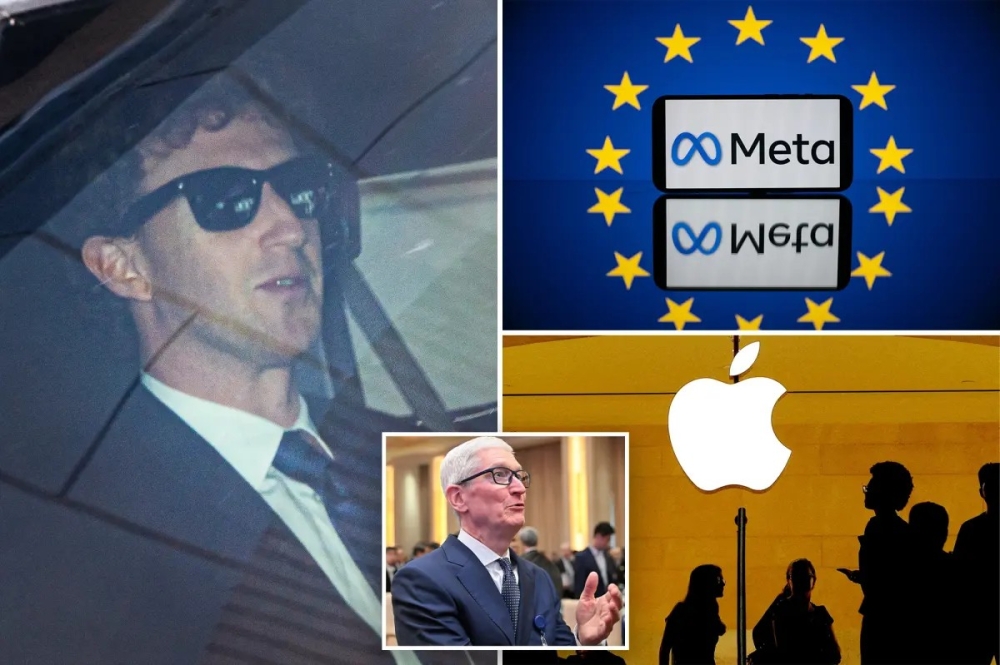According to the decision of the European Union, Apple has been fined €500 million (approximately $570 million), while Meta has been fined €200 million (approximately $228 million). These penalties are considered the first significant sanctions imposed under the EU’s Digital Markets Act (DMA), which aims to limit the dominance of major tech companies and ensure fair competition.
Investigations revealed that Apple applies technical and commercial restrictions in its App Store, preventing users from accessing more affordable offers outside the platform. This practice makes it difficult for small and medium-sized app developers to enter the market. Apple, however, disagrees with the decision and has announced that it will appeal. The company claims that the decision could negatively affect user security and privacy and force Apple to share its technology.
Meta has also criticized the EU’s decision, claiming that the European Union unfairly targets American tech companies while applying different standards to European and Chinese firms. The main reason for Meta’s fine is the “pay or consent” model it introduced in November 2023. Under this model, users could either access a free, ad-supported version of Meta’s platforms or opt out of tracking by subscribing to a paid version. The EU ruled that this model violates the DMA as it limits user choice.
Both companies have been given two months to make the necessary changes to comply with DMA regulations. Otherwise, they could face daily fines.
It should be noted that Apple managed to avoid a separate fine in another investigation after making changes that allowed iPhone users to more easily select alternative browsers and search engines. However, the company is still accused of violating DMA rules by imposing conditions that make it difficult to use alternative app stores.
EU Commissioner for Competition, Teresa Ribera, stated that the decisions were made based on clear and fair rules. She emphasized that all companies operating in the EU must comply with these regulations.
Overall, these sanctions are seen as a major step by the European Union to limit the market power of big tech companies and to promote a more transparent and competitive environment. They also serve as a warning to other tech firms.







